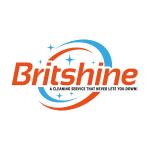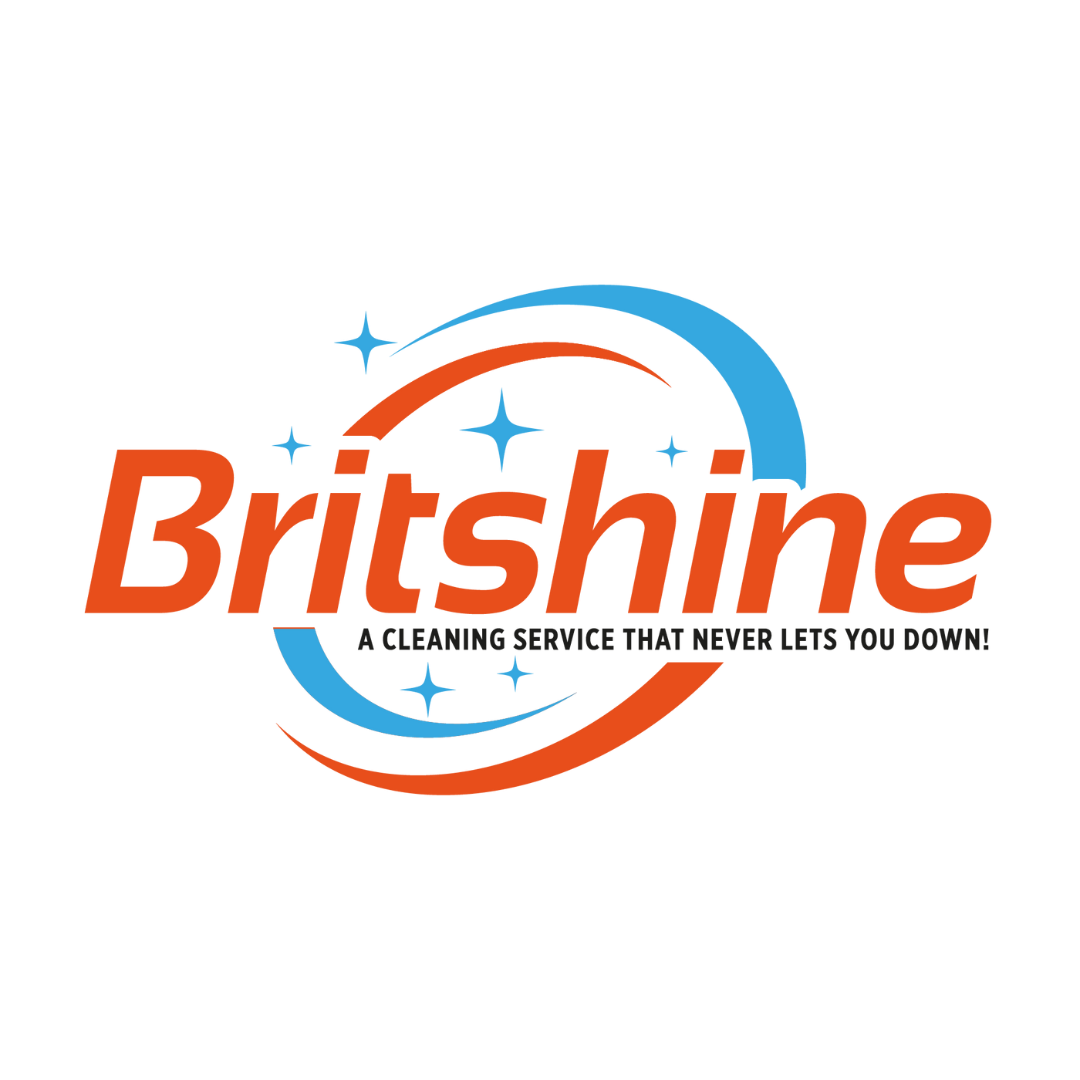Keeping your commercial space clean and well-maintained is essential not only for creating a positive impression on clients and customers but also for ensuring the health and safety of everyone on your premises. This ultimate guide to commercial cleaning offers valuable tips, tricks, and best practices to help you maintain a pristine and inviting environment.
Whether you own a retail store, office building, or other commercial facility, this guide will be your go-to resource for managing cleaning needs effectively. From understanding different cleaning methods to selecting the right tools and products, we cover everything you need to know for exceptional results.
The Importance of Commercial Cleaning
A clean commercial space is crucial for several reasons. Cleanliness directly impacts the health and safety of employees and clients, as germs and bacteria spread quickly in high-traffic areas like offices and retail stores. Regular cleaning reduces these risks by removing contaminants, which minimizes illness and fosters a productive workspace.
The appearance of a commercial space also shapes customer perceptions. A well-maintained environment signals professionalism and attention to detail, fostering trust and confidence among clients. When customers enter a clean and organized space, they are more likely to have a positive experience, which can lead to repeat business and referrals.
Additionally, regular cleaning prolongs the life of your assets. Floors, carpets, and furniture accumulate dirt over time, leading to wear if not properly maintained. A thorough cleaning routine protects your investments, reduces costly repairs, and enhances the aesthetic appeal of your facilities.
Types of Commercial Cleaning Services
- General Office Cleaning: This includes routine tasks like dusting, vacuuming, and sanitizing surfaces to keep workspaces tidy and hygienic.
- Specialized Cleaning: Targets specific areas like carpets or windows and often requires unique equipment. Businesses can schedule these services periodically to maintain a polished look.
- Post-Construction Cleaning: Ideal for spaces after renovations, this involves removing dust, debris, and leftover materials to prepare for occupancy.
Understanding these types of commercial cleaning services helps businesses choose the right approach for their needs.
Factors to Consider When Hiring a Commercial Cleaning Company
- Reputation: Research reviews, testimonials, and case studies. Positive feedback from other businesses indicates reliable and quality service.
- Range of Services: Ensure the company meets your specific requirements, such as green cleaning practices or specialized services.
- Safety Standards: Choose a company that adheres to industry safety regulations, uses eco-friendly products, and trains staff properly. Prioritizing these factors ensures you select a company that aligns with your values and meets your cleaning needs.
Essential Cleaning Supplies and Equipment for Commercial Spaces
For effective cleaning, equip your team with the right supplies:
- Disinfectants and Cleaners: Important for high-touch areas like door handles and light switches.
- Tools: Microfiber cloths, mops, and commercial-grade vacuum cleaners with HEPA filters improve air quality and trap allergens.
- Specialized Equipment: Floor buffers and carpet extractors provide deeper cleaning for hard floors and carpets.
Ensuring your team has the right tools optimizes their efficiency in maintaining a clean environment
Best Practices for Commercial Cleaning
Adopting systematic practices enhances cleanliness and hygiene:
- Top-to-Bottom Cleaning: Start cleaning at the highest points in a room and work down to avoid re-soiling areas.
- Color-Coding System: Assign specific colors to cleaning cloths for different areas to minimize cross-contamination.
- Regular Training: Keep staff updated on techniques, safety protocols, and product usage to maintain consistent cleaning standards.
Tips for Maintaining a Clean and Hygienic Workspace
Encourage a “clean-as-you-go” mentality among employees to prevent clutter. Designate areas for personal items, which helps maintain hygiene by reducing surfaces for dust accumulation. Scheduled deep-cleaning days for tasks like carpet shampooing or window washing ensure thoroughness without disruption.
Green Cleaning Practices for Commercial Facilities
Green cleaning practices are increasingly important. Choose eco-friendly products free from harmful chemicals, reducing environmental impact and protecting staff health. Use sustainable tools like microfiber cloths to minimize water and chemical usage. Consider energy-efficient cleaning equipment to further reduce your environmental footprint.
Creating a Cleaning Schedule for Your Business
Developing an effective cleaning schedule involves:
- Assessing Needs: Determine the type of business, space size, and foot traffic levels to create a suitable schedule.
- Detailed Checklist: Outline daily, weekly, and monthly tasks, assigning responsibilities to ensure accountability.
- Regular Review: Adjust the schedule as necessary and gather feedback to improve cleaning strategies continually.
Common Challenges in Commercial Cleaning and How to Overcome Them
Challenges like inconsistent standards and time management can affect cleaning effectiveness. Regular training, checklists, and scheduling during low-traffic times help maintain consistency. For tough stains or odors, train staff on specific techniques and invest in air purifiers to create a fresh environment.
Conclusion: The Impact of Professional Commercial Cleaning on Your Business Success
The importance of commercial cleaning cannot be overstated. A clean and well-maintained workspace fosters a healthier environment and enhances the business’s overall image. Professional cleaning services not only maintain your facility to high standards but also contribute to productivity and employee morale. By embracing green practices and tailored schedules, businesses demonstrate a commitment to sustainability and well-being, positively influencing customer perceptions and overall success. Prioritizing cleanliness is an investment in a brighter future for your company.



